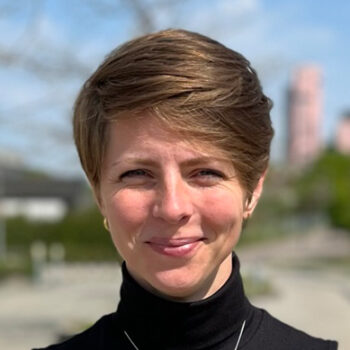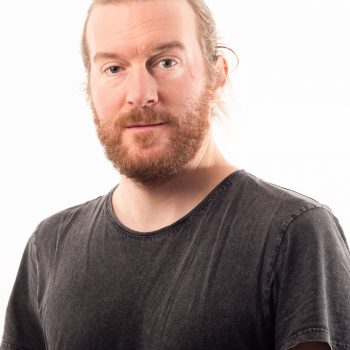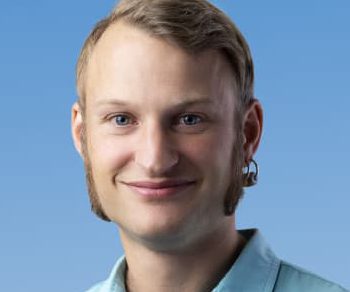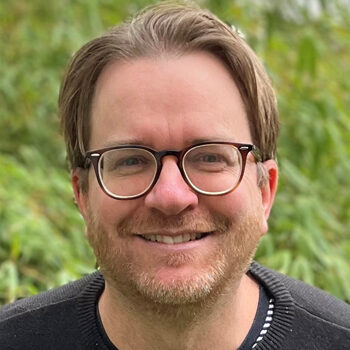Decentralized wastewater treatment
In both Helsingborg and Lund/Malmö, experiments with decentralized wastewater treatment are underway.
In the Oceanhamnen district of Helsingborg, wastewater is source-separated into two fractions: greywater and blackwater. The area is expected to have about 2,500 connected residents when fully developed. Both of these fractions are then processed at the recycling plant RecoLab for further refinement into recyclable products. This yields, among other things, purified water that almost reaches drinking water quality, biogas, and fertilizer products.
In Lund and Malmö, experiments with decentralized treatment within properties of wastewater in the form of roof and stormwater are being conducted within the EU project REWAISE (one of five innovation projects supported by the Horizon 2020 framework program). Here too, the purified water almost achieves drinking water quality, but the intention is primarily to use the water for irrigation in urban environments, flushing toilets, and washing clothes. These examples are ongoing projects with different principles of responsibility. In the first case, the water utility is responsible for the system. In the second, there is mixed responsibility, where the property owner, in particular, has a clear operational responsibility.
The intention of the project is to develop a water service system that can be applied at the neighborhood level. Experiences from both Oceanhamnen/RecoLab and REWAISE are being utilized to highlight technical, organizational, and legal issues.







